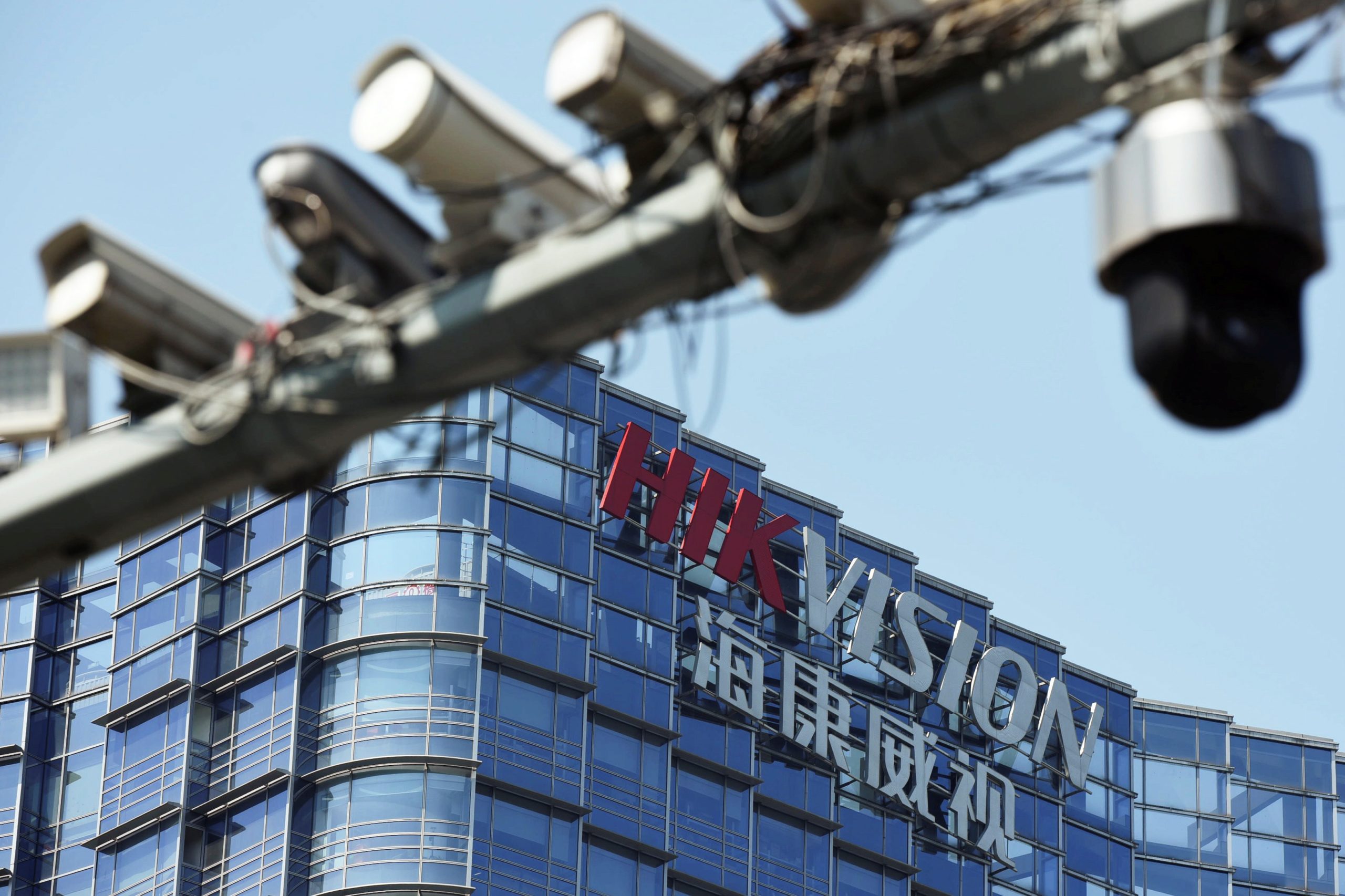Two Chinese military suppliers to merge to counter U.S. sanctions
Two military technology suppliers, China Electronics Technology Group (CETC) and SOE Potevio, will merge amid U.S. sanction pressures and Beijing’s push for state-owned enterprises reforms.

China Electronics Technology Group (CETC), a state-owned enterprise (SOE) that supplies China’s military, will absorb Potevio, a fellow information technology SOE, to create China’s third-largest information technology company, which Chinese media called an “IT aircraft carrier.” The two companies combined had annual revenue of almost $50 billion in 2019, after Huawei’s $132.5 billion and Lenovo’s $50.7 billion.
CETC is a critical technology supplier for the Chinese military and has subsidiaries sanctioned by the U.S.
- CETC was founded in 2002 as a group that brought together 46 research institutes and 26 companies directly controlled by the Ministry of Industry and Information Technology’s predecessor agency. The group is reportedly the only supplier that meets the People’s Liberation Army’s full range of needs in the information technology field, and provides the military with various types of key electronic parts. It also handles electronic parts and systems for China’s space programs, including the Moon and Mars explorations projects.
- Hikvision, the Shanghai-listed video surveillance equipment maker and a CETC subsidiary, was sanctioned by the U.S. for alleged human rights abuses in Xinjiang in 2019, and was later added to the Pentagon’s blacklist of Chinese military-affiliated companies in June 2020.
- Four research institutes under CETC have been in the U.S. Commerce Department’s entity list since 2018, and four more were added in 2020.
Potevio specializes in wireless communications and security, but failed to achieve growth like Huawei during China’s push for 5G infrastructure building, with multiple publicly listed subsidiaries failing to turn a profit (in Chinese).
- Also a state-owned military supplier, the company provides telecommunications systems to China’s armed forces as well as public security units like the police. Potevio also supplies semiconductors for government networks as well as security and energy systems.
CETC is expected to be more resilient in the face of U.S. sanctions after the merger, and provide cash relief for the financially struggling Potevio. Shares of the four publicly traded Potevio subsidiaries soared after it announced the parent company’s merger.
Merging and reconstructing has been a key priority for China’s SOE reform since 2016, when the State Council’s designated SOE managing commission warned (in Chinese) of the “unreasonable structure,” “low resource allocation efficiency,” and “homogeneous competition” in state-controlled companies.
- The announcement of CETC and Potevio’s merger came one day after the State-owned Assets Supervision and Administration Commission (SASAC) announced SOE reform plans for 2021 and reiterated the government’s determination to continue to push for SOE reorganization.
- The SASAC merged (in Chinese) 12 pairs of SOEs between 2016 and 2020, and hopes to continue to integrate companies in key technology areas during the 14th Five-Year Plan term (2021–2025) to “improve competitiveness” amid U.S. export controls in these fields.






